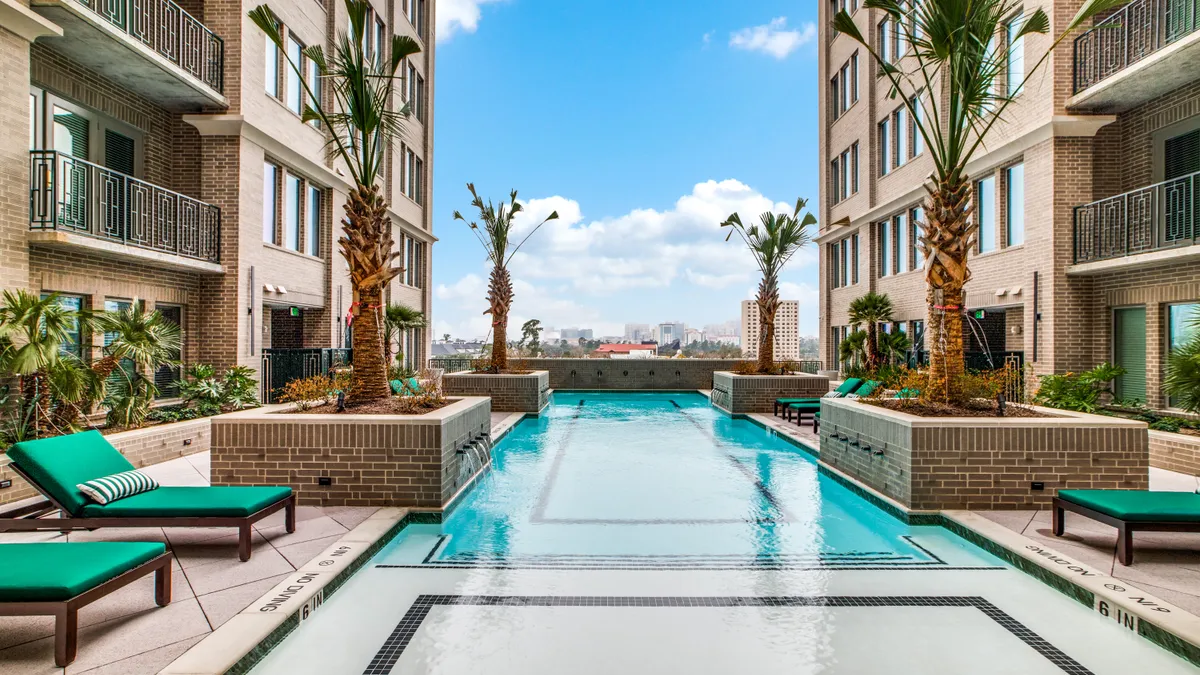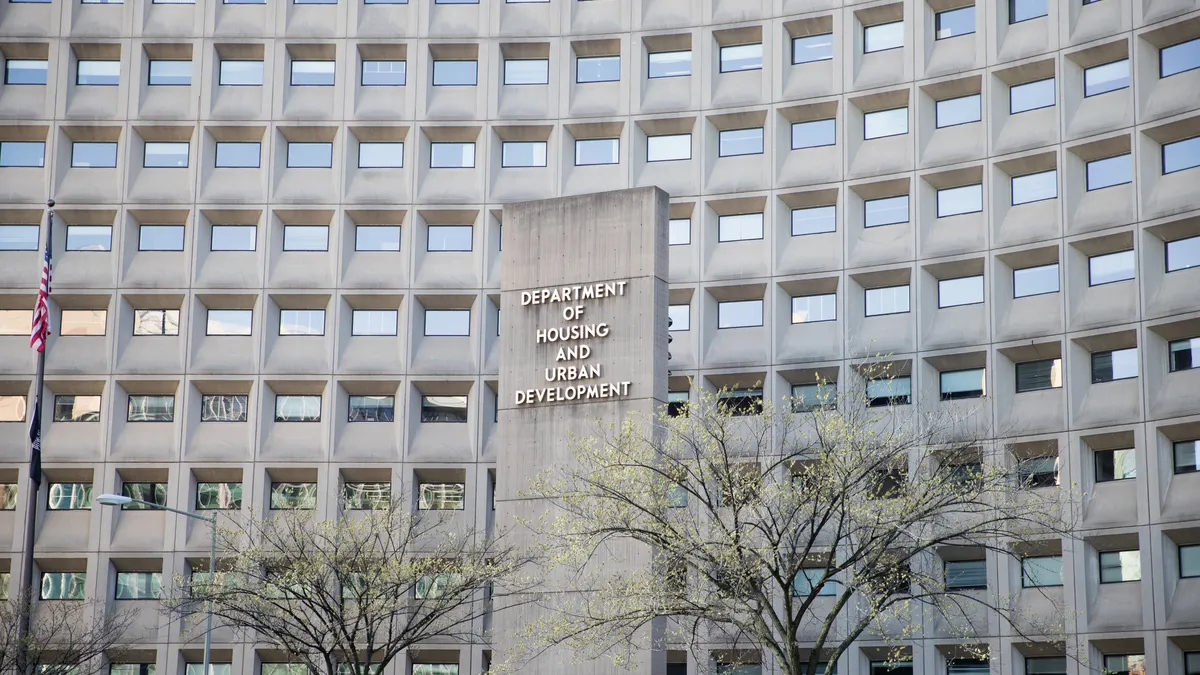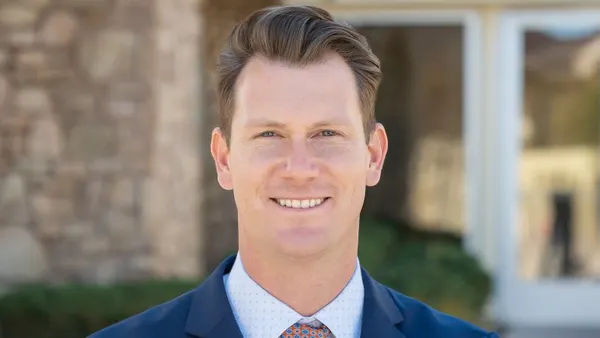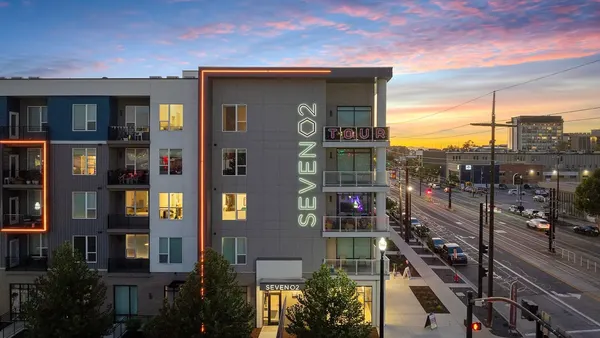For more than a decade, Orlando, Florida-based property operator ZRS Management has had a foothold in the Mid-Atlantic, Southeast and Texas. But later this year the company will be beefing up its Sun Belt portfolio, heading west into Arizona.
This expansion is occurring at a time of unprecedented rent growth nationally. The company is still seeing rent increases of between 13% to 21% in its portfolio, according to Luanne McNulty, a senior vice president at ZRS.
"This year, we're seeing positive double-digit new lease and renewal trade out across the country," McNulty said. "It still seems so unreal to me when I see these [numbers]."
Here, McNulty talks with Multifamily Dive about rent growth, customer service, expense reduction, labor shortages and leasing technologies.
This interview has been edited for brevity and clarity.
MULTIFAMILY DIVE: Do you think today's rent growth is sustainable?
Luanne McNulty: I think we all know real estate is cyclical. So at some point, the bubble is going to burst. Nobody knows when that will happen for sure. But, from all of the signs we see, it doesn't seem like it's anytime soon.
Are you starting to get pushback and seeing moveouts increase?
That has been a concern of ours for a while, so our teams for each asset are working with their individual ownership groups. We just micromanage it with extra communication with regard to what our owners' strategies are. Then we try to temper how much we want to keep pushing the pedal.
On some assets last summer, the owners wanted to keep pushing. We did see some drops in occupancy, but not much. And you can usually react pretty quickly.
So, we just continue to test the waters and just really micromanage it so that you can pull back if you start to see some resistance to the increases.
Labor has been a persistent problem for apartment managers for a while. How are you dealing with this issue?
At this point we're exploring all hiring options, and even some alternative solutions like advertising and recruiting in new places and utilizing some of these temp agencies that offer different internship programs for maintenance team members. We can also recruit from other markets, like hospitals or the hotel industry.
The maintenance technician position is the hardest to fill. All the management companies are having issues with that and paying huge employee referral programs and sign-on bonuses.
We have what we call our ZRS minimum wage. We just keep raising that because we feel like it's the right thing to do. But also I think it's helped us to recruit strong talent. It is $16 an hour and we just keep pushing it higher each year.
How are you incorporating self-guided tours and virtual leasing?
I think most people in the industry would tell you that with regard to some of the self-guided tours, we really haven't seen a reduction in staff yet. Our company initiative is to really challenge our teams to see if they can start reducing some of the people that we have in the office by using technology.
A lot of the REITs have already completely embraced it with smart locks and all of the different offerings for self-guided tours.
Could you see your company going to a model with no people on site?
The struggle for us is that we only manage [Class] A and B assets where the rents are $2 to $3 to $4, in some cases, per square foot. People that are paying that much money are expecting service and they want to talk to human beings. So we are trying to find that balance of where we can reduce payroll expenses but still offer the customer service.
We were starting to test self-guided tours before COVID-19. But COVID just forced everybody to figure it out. We're just really starting to see that the consumer wants options — different buying experiences.
So we talk to our owners about the person that wants to come in and doesn't want to meet with anybody. They want to set up a virtual tour online and come on site. They already have access for a pre-established amount of time. They can integrate with some of the sitemaps that show the path to get to the apartment.
It's definitely the wave of the future. I don't know that everybody could ever go to a nobody-on-site situation but certainly, the intent is to try to reduce the staffing on the properties.
Click here to sign up to receive multifamily and apartment news like this article in your inbox every weekday.









